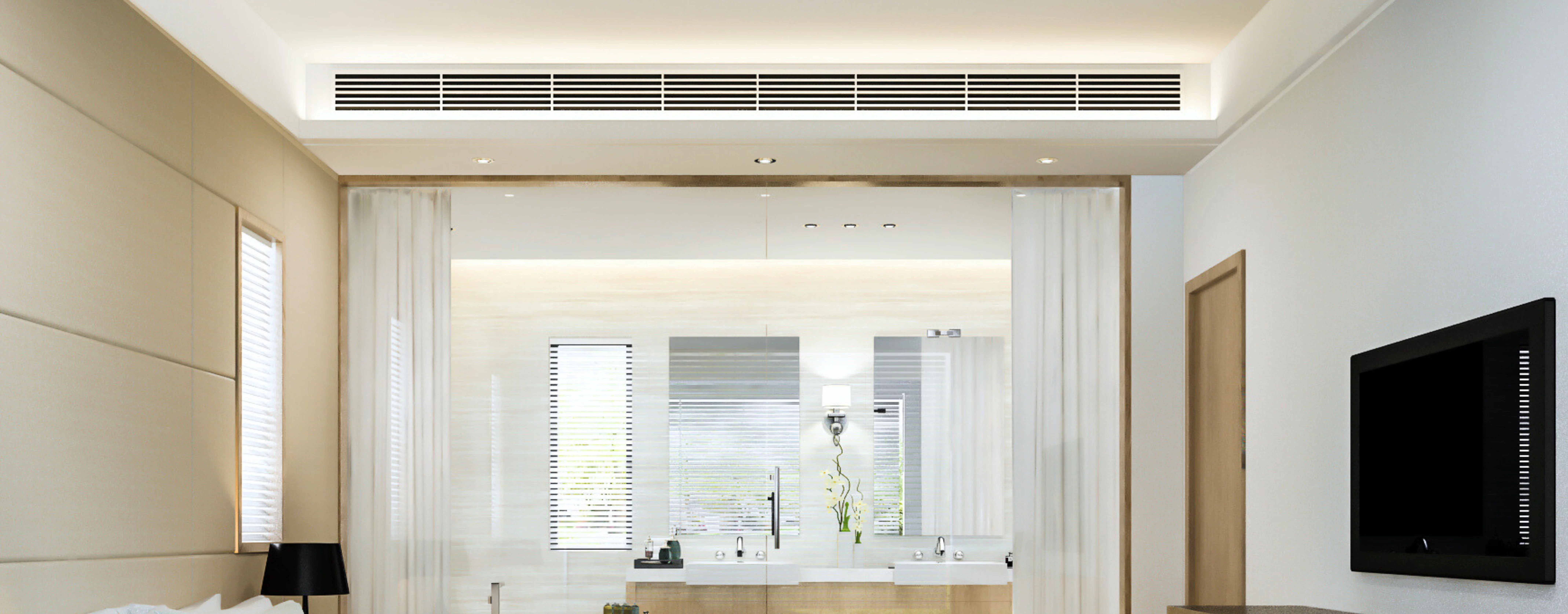"By understanding how to use AC in summer correctly, you can save energy, reduce strain on your system, and keep your home safe from heat- and humidity-related issues."
)
Summer often brings soaring temperatures and the instinct to find ways to cut energy bills. For many homeowners, the first idea is to simply turn off the air conditioning system when leaving the house, especially for work or vacation. It seems logical: less usage means lower bills, right? Not quite.
Turning off your air conditioning unit completely during the hot months can actually lead to several problems that might cost more in the long run. Let’s explore the downsides of this common myth and what you should do instead. If you're wondering how to use AC in summer wisely, this guide is for you.
While flipping the switch off may seem like a harmless decision, the consequences can go far beyond just a warmer home. What seems like a quick way to save energy can quietly lead to bigger, costlier problems. Below are the hidden risks you might not expect when turning off your AC during summer.
Air conditioning units don’t just cool your home; they also control humidity. In summer, especially in areas with high moisture in the air, humidity can quickly build up if your AC is turned off. The result? Damp walls, condensation, and a breeding ground for mold and mildew. Mold remediation is not only expensive but also affects air quality and your health.
Pests love warm, humid environments. If your home becomes hot and sticky, don’t be surprised if cockroaches, mosquitoes, and flies decide it’s the perfect place to nest. Turning off the AC can unintentionally turn your home into a pest magnet.
Frequently turning your air conditioner off and on causes strain on the internal components, especially the blower fan and compressor. When your home becomes excessively hot, your AC has to work harder to bring the temperature back down, putting extra stress on the unit and shortening its lifespan.
When indoor temperatures soar, appliances like refrigerators and wine coolers must work overtime to maintain their internal settings. This can lead to higher energy use, system stress, and potential repairs, all while your AC is supposed to be saving you money.
So, is there a better way? Absolutely. You can save on utilities while keeping your home safe and comfortable by following smarter strategies. Here's how to use AC in summer effectively without sacrificing efficiency or comfort.
Instead of shutting your AC down, consider raising the temperature a few degrees when you're out. Experts suggest setting your thermostat to around 78°F (26°C) when home and increasing it by 5-7°F when away. This reduces energy consumption while still keeping the home cool enough to prevent humidity buildup, mold, and overheating.
Smart thermostats are one of the most efficient upgrades for homeowners. These devices let you schedule temperature changes and often learn your habits over time. Some models even adjust based on local weather forecasts.
When you leave for work or a vacation, your AC won’t run on full power, but it will still maintain a stable and safe indoor climate. And if there's an issue, such as the system underperforming, many smart thermostats send you an alert, saving you from surprise problems later.
Another great way to reduce cooling needs is to keep the cool air inside. Make sure your home is properly insulated, seal any gaps in doors or windows, and consider adding thermal curtains to block out midday sun. The better your home is at holding cool air, the less your AC needs to work.
Use heat-producing appliances like ovens, dryers, and stovetops during cooler parts of the day. Better yet, try grilling outside or using a microwave for meals. Also, switching off unused lights and electronics can prevent unnecessary heat buildup inside the house.
If you're serious about both comfort and cutting down utility bills, learning how to use AC in summer the right way can make all the difference.
By understanding how to use AC in summer correctly, you can save energy, reduce strain on your system, and keep your home safe from heat- and humidity-related issues.
"By understanding how to use AC in summer correctly, you can save energy, reduce strain on your system, and keep your home safe from heat- and humidity-related issues."
Before heading out for a summer trip, you can prep your home for energy efficiency without turning the AC off completely.
These steps ensure your home doesn’t waste energy while still protecting it from humidity, pests, and other risks.
In short: no, it’s not the best idea. While it might seem like a smart way to save money, the risks to your home and HVAC system usually outweigh the benefits. High humidity, mold growth, pests, and added stress on your cooling system can quickly lead to unexpected costs.